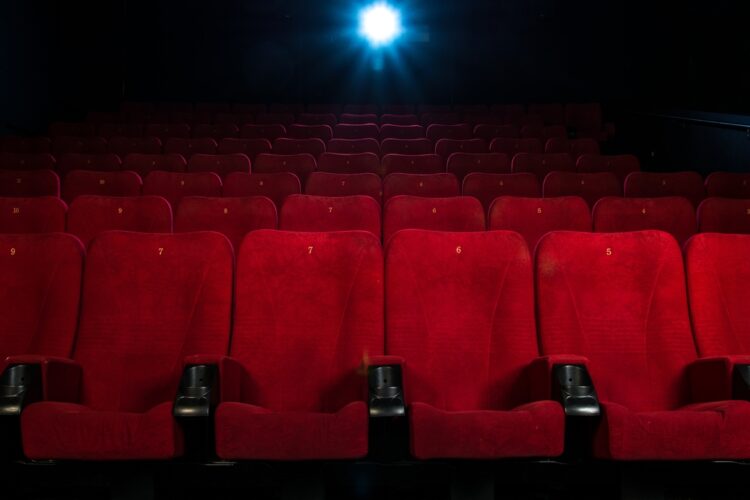By Tony O’Riley-
Juries in High Court trials in Scotland will convene in cinemas to hear cases remotely in the autumn.
The Lord Justice General, Lord Carloway, has approved the recommendation from the Restarting Solemn Trials Working Group to create remote jury centres in cinemas.
The move will see the most serious criminal trials go ahead in courtrooms while a socially-distanced jury watches a video-link in a cinema.
The Lord Justice General Lord Carloway described the plan as “bold and imaginative”.
He warned of a “long term project” to clear the backlog of cases postponed due to Covid-19.
The Scottish Courts and Tribunals Service (SCTS) will have exclusive use of the buildings while trials are running, from Monday mornings through to 6pm on Fridays.
The cinema screen will be split into four sections to give jurors carefully positioned and adjustable views of the judge and counsel, the witness, the accused and any physical or video evidence. The court will have a view of each juror in a video wall placed above the jury box.
Lady Dorrian, chair of the Working Group, said: “The beauty of this solution is that it preserves the 15-person jury trial, and will allow us, in time, to raise business in the High Court to a level that will start to address the growing backlog of cases.
“The Working Group took a long hard look at the lessons learned from the two-court and three-court model currently in use to run a small number of trials. It was clear that the remote jury model does work, and, if suitable external venues could be identified, it would be possible to run a much higher number of trials, making full use of the courtrooms we have available for the trials. I’m very grateful to everyone on the group, and others who have provided feedback, for helping us develop such an exciting, imaginative but extremely practical solution.”
Based on this recommendation, the SCTS is seeking to establish remote jury centres, based in cinema complexes in the east and west of Scotland for at least 16 juries.
Ronnie Renucci QC, Vice-Dean of Faculty and the President of the Scottish Criminal Bar Association, member of the Working Group, said: “Lady Dorrian should be applauded for not being afraid to employ a radical solution to the problem, and likewise the SCTS should be applauded for their hard work, innovative thinking and expertise in putting that plan into action in a way that will not only secure the retention of full strength jury trials in Scotland, but will also allow them to resume at a sustainable and realistic level which has the potential to begin eating into the backlog.
“This problem is one faced by jurisdictions worldwide, and Lady Dorrian, in adopting a collaborative approach involving all stakeholders, including the Crown, Faculty of Advocates, Law Society and victims groups, coupled with the support and financial backing of the Scottish government has ensured that once more Scotland has led the way. I have no doubt that other jurisdictions will follow.”
Eric McQueen, chief executive of the Scottish Courts and Tribunals Service, said: “The great advantage of these remote jury centres is that they provide, in a single building, a number of spacious and soundproofed auditoria that can comfortably accommodate 15 physically distanced jurors, combined with state of the art secure technology.”




